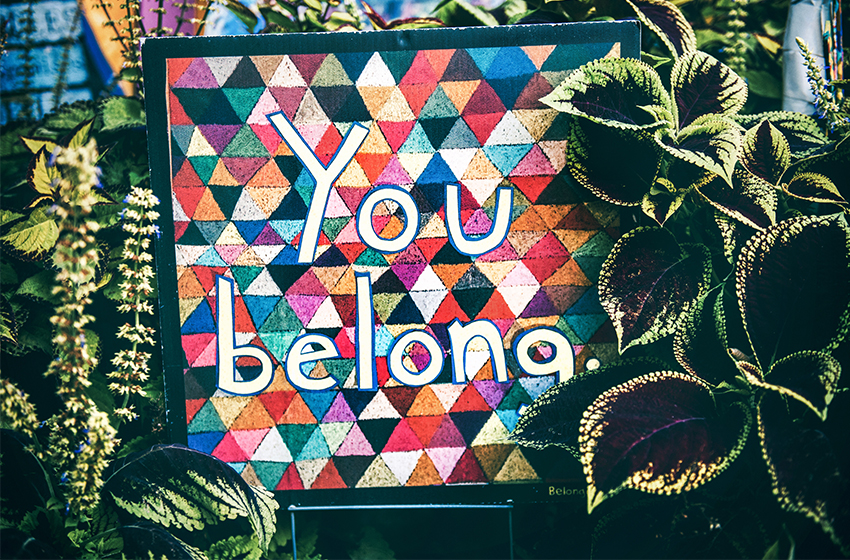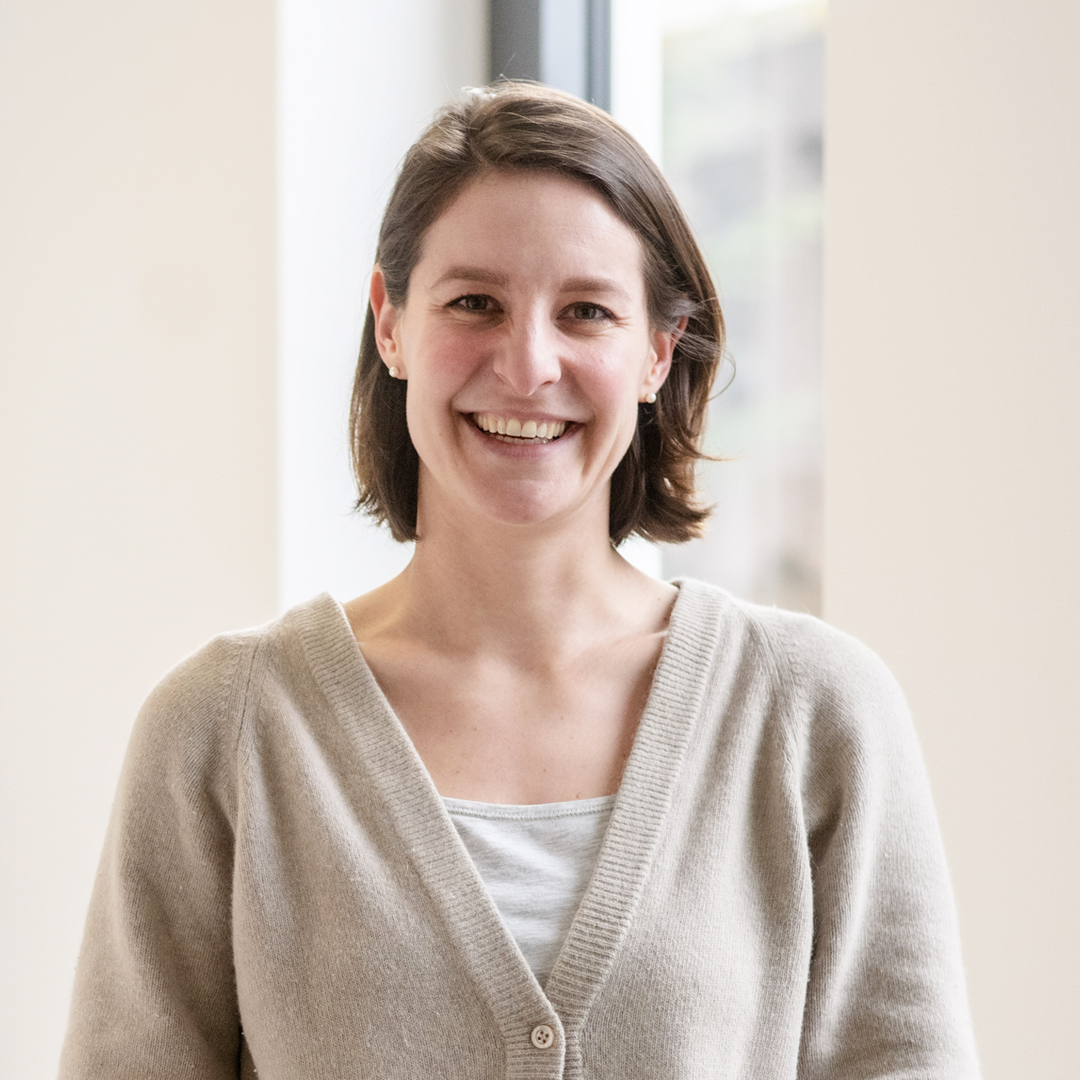
Image: Tim Mossholder/Unsplash
Together against discrimination
Disparagement, disregard, disadvantage, exclusion and violence - discrimination has many faces. The factors on the basis of which people are discriminated against are manifold, including, for example:
- Origin
- Religion
- Worldview
- Gender/gender identity
- sexual orientation
- Age
- Disability
- Chronic disease
Ruhr-Universität Bochum sees itself as a place where all people, regardless of their cultural or biographical backgrounds, are welcome and encouraged. Therefore, RUB has decided to appoint decentralized diversity officers in the faculties in addition to the central diversity and anti-discrimination officer Michalina Trompeta.
The central and decentralized Diversity Officers are a point of contact for all members of the university for advice, mediation and further information if they experience or observe discrimination.
Our Diversity Officer

Photo: RUB, Marquard.
The decentralized diversity officers assume the following tasks, among others:
- Contact persons in cases of Discrimination
- mouthpiece into the faculty and out for the topic Diversity
- cooperation in the network, collegial case consultation
- Representation of the central Anti-discrimination officer in the complaints office
- Optional: Participation in appointment committees and Committees
If you have experienced or observed discrimination yourself, or would like further information and awareness on the topic, please feel free to contact our Diversity Officer Judith Golda. You can reach Ms. Golda by email or via the contact form at the bottom of this page.
More information
Forms of discrimination
Basically, one distinguishes between two forms of discrimination:
Direct or immediate discrimination
In comparison, one person receives less favorable treatment than another.
Indirect or indirect discrimination
There are seemingly neutral rules, regulations and behaviors that apply to everyone. In practice, however, some or all of them have the effect of disadvantaging certain groups/people.
When like is treated unequally or unlike is treated equally, there is discrimination.
Source: Federal Anti-Discrimination Agency, 2015
Levels of discrimination
Discrimination happens on different levels that are intertwined:
- Individual level
- Institutional level
- Social level
At university or at work, for example, it looks like this:
The individual action of a (employed) person (individual level) lies in the area of responsibility of the company (institutional level, e.g. of a university), which is supported by training courses, complaints procedures for preventive action through trainings, complaint possibilities for affected persons, etc.
Individual action is strongly influenced by what happens in the society as "normal" in society (e.g.
heterosexual = "normal").
Institutional practices such as poorer educational educational opportunities for migrants contribute to the preservation of social images (e.g. "Migrants are less educated").
Diversity at universities
The higher education system has developed along a particular norm that systematically excludes many groups.
Factors that may systematically exclude certain groups include:
- Financial factors/costs of studying, or costs that studying entails.
- Proficiency tests
- lack of accessibility
- Attendance requirements
- scientific habitus
In order to ensure diversity at universities, offers for different groups of people are therefore particularly important. These include offerings for:
- Women, trans, inter and non-binary persons
- Persons from a non-academic parental home
- Persons with international family history or international students
- People with family obligations
- Persons with a disability and/or chronic illness
Further information on the topic of diversity can be found on the RUB info pages.
Contact the Diversity Officer of the Faculty of Physics and Astronomy

